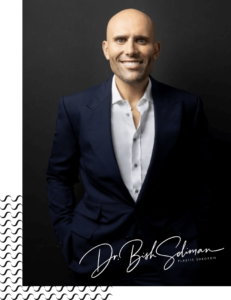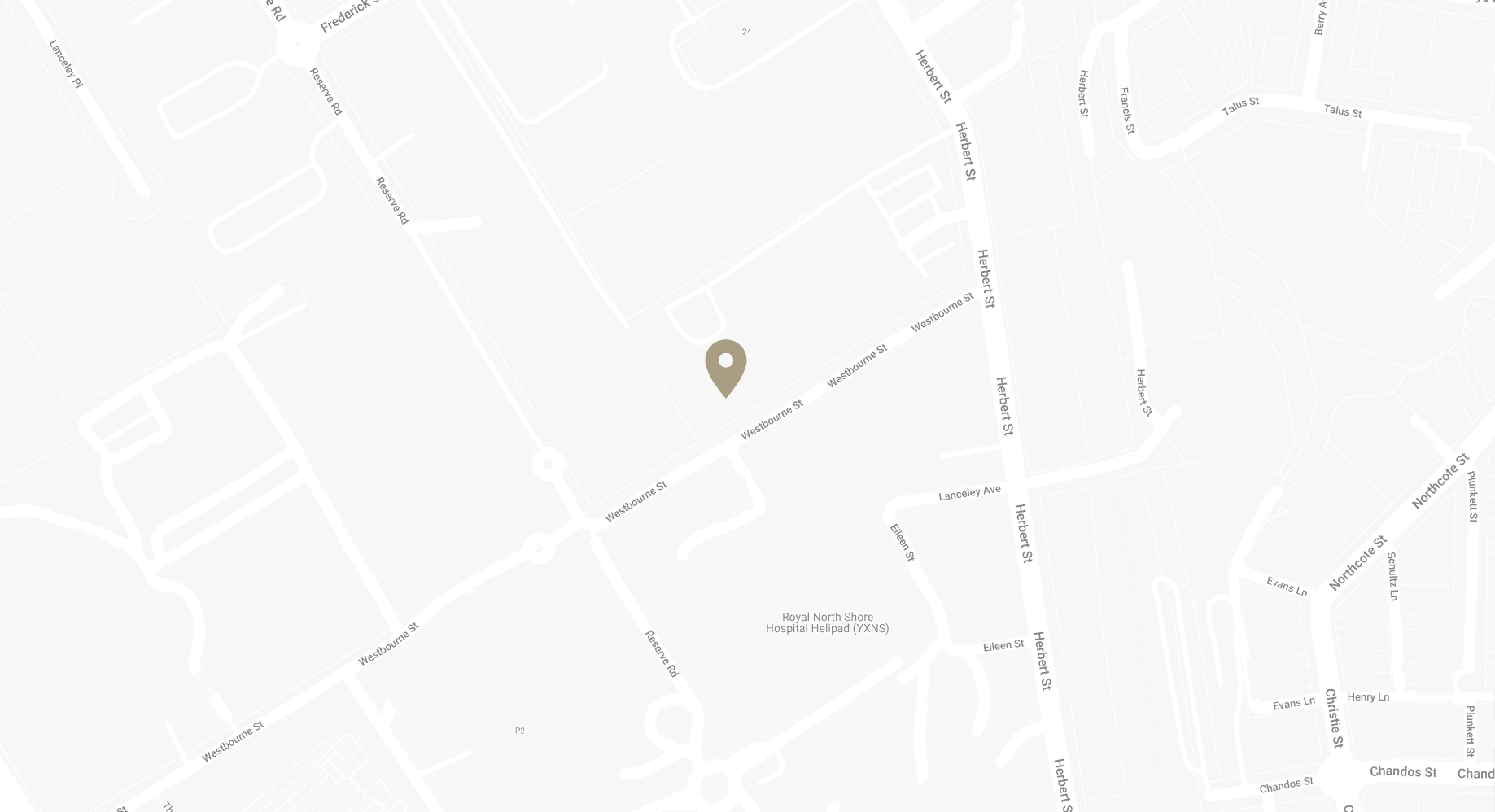Undergoing plastic surgery is a significant decision that requires careful planning and preparation. The post-operative phase is equally crucial, determining the success of the surgery and ensuring you achieve the desired results. From making your home a haven for recovery to understanding the importance of nutrition and following Dr Bish Soliman’s recommendations, this page aims to provide you with insights into ensuring a smooth and complication-free recovery.
How to Prepare for Surgery to Have a Smooth Recovery
Proper preparation before your surgery can significantly influence the ease and success of your recovery. Here’s how you can set the stage for a smooth post-surgery experience:
Make Your Home Comfortable for Recovery
- A Restful Environment: Your body will need plenty of rest after the surgery. Ensure your bedroom or recovery area is serene and free from disturbances. Consider investing in blackout curtains to control light, and perhaps a white noise machine or soft music playlist to drown out any disruptive noises.
- Accessibility: Post-surgery mobility might be limited, depending on the procedure. Arrange your essential items within arm’s reach. This might include medications, water, a phone, and its charger, books or entertainment devices, and a bell or intercom system if you need to call for assistance.
- Safety Measures: Remove any tripping hazards like loose rugs or cords. If your mobility is significantly impacted, consider temporary safety installations like grip bars in the bathroom.
- Comfortable Clothing: Stock up on loose, comfortable clothing that doesn’t need to be pulled over your head, especially if you’re undergoing facial or upper body surgery. Front-zipping tops, soft pants, and slip-on shoes are ideal.
Buy Groceries
- Nutritious Foods: Your body will be in healing mode, requiring nutrients to aid the recovery process. Fill your pantry and fridge with protein-rich foods like lean meats, tofu, beans, and eggs. Incorporate plenty of fruits and vegetables, especially those high in Vitamin C, which can help with wound healing.
- Easy-to-Prepare Meals: Cooking might be a challenge in the initial days post-surgery. Consider preparing and freezing several meals in advance. Alternatively, stock up on healthy, ready-to-eat options.
- Stay Hydrated: Ensure you have plenty of water, herbal teas, and electrolyte solutions. Hydration aids in healing and can help flush out toxins post-surgery.
- Limit Salt and Sugar: Excessive salt can exacerbate swelling, while too much sugar can hinder the immune system. Opt for fresh foods over processed ones and read labels carefully.
Change Sheets and Bedding
- Clean Environment: Fresh, clean sheets can make a world of difference in comfort and hygiene. Ensure your bed has clean linens the day before your surgery. This not only provides a more comfortable recovery space but also reduces the risk of infections.
- Pillows Galore: Depending on the type of surgery, you might need to keep certain body parts elevated. Have a variety of pillows, including some wedge-shaped ones, to help prop you up and provide support where needed.
- Backup Linens: Recovery can sometimes be messy, with potential for minor bleeding or discharge. Having a set of backup linens can be a lifesaver, ensuring you won’t be left without fresh sheets if a change is needed.
What to Eat after the Surgery?
The post-operative phase after plastic surgery is a delicate time, and what you consume can play a pivotal role in your recovery. While the body’s nutritional needs remain paramount, the immediate post-surgery period might require a more gentle approach to eating. Here’s are some guidelines on what to consume immediately after the procedure and how to transition back to your regular diet.
Immediately After the Surgery
- Clear Liquids: Right after your procedure, your stomach might not be ready for solid foods. Start with clear liquids to keep yourself hydrated and provide some energy. This includes broths, clear juices without pulp, and herbal teas. These are gentle on the stomach and can help prevent nausea, a common side effect of anaesthesia.
- Puddings: As you progress from clear liquids, introduce soft foods like puddings and gelatine. They’re easy to digest and can provide a bit more sustenance than just liquids.
- Yogurt and Applesauce: These are also gentle on the stomach and can be a good source of probiotics and essential nutrients. They can help maintain gut health, especially if you’ve been prescribed antibiotics post-surgery.
- Mashed Foods: Soft, mashed foods like bananas, avocados, or potatoes can be introduced as your appetite returns. They’re nutrient-dense and provide more energy, aiding in the recovery process.
Transitioning to Normal Eating
- Introduce Solids Gradually: After a day or two, and depending on Dr Soliman’s advice, you can start reintroducing solid foods. Begin with soft, easy-to-digest options like scrambled eggs, oatmeal, or steamed vegetables.
- Lean Proteins: As you feel more comfortable, incorporate lean proteins like chicken, turkey, or fish. Proteins are essential for tissue repair and can accelerate the healing process.
- Whole Grains: Foods like brown rice, quinoa, and whole grain bread or pasta can be reintroduced. They provide sustained energy and are rich in fibre, which can help with any post-surgery constipation.
- Monitor Your Tolerance: Pay attention to how your body reacts as you reintroduce various foods. If something causes discomfort, nausea, or any other adverse reactions, it might be best to hold off on that particular food for a while longer.
- Consult Your Surgeon: Before resuming foods that might be considered challenging or hard to digest, such as spicy foods, dairy, or certain fats, consult with Dr Bish Soliman. He can provide guidance tailored to your specific procedure and individual recovery.
Dr Bish Soliman’s Recommendations for Plastic Surgery Recovery
Dr Bish Soliman, with his extensive experience and expertise in plastic and reconstructive surgery, emphasises the importance of post-operative care for optimal results and a smooth recovery. Here are his detailed recommendations for patients post-surgery:
- Avoid Smoking and Vaping: Smoking and vaping can significantly hinder the healing process by restricting blood flow to the surgical area. Nicotine constricts blood vessels, which can delay wound healing and increase the risk of complications, including infections and poor scarring.
- Monitor for Complications: Always be vigilant about potential signs of complications. This includes excessive swelling, redness, persistent pain, fever, or any unusual discharge from the surgical site. Early detection and intervention can prevent more severe issues.
- Timely Medication: Adhere strictly to the medication schedule prescribed. This ensures effective pain management, reduces inflammation, and prevents potential infections.
- Daily Movement: While rest is crucial, it’s equally important to ensure some movement daily. Gentle walks or light stretching can promote blood circulation, reduce the risk of blood clots, and accelerate the healing process.
- Limit Sun Exposure: Direct sunlight can cause discolouration or darkening of scars. Protect the surgical area with clothing or sunscreen, and avoid prolonged sun exposure, especially during peak hours.
- Compression Garments: If Dr Soliman recommends wearing compression garments, it’s crucial to adhere to this advice. These garments reduce swelling, provide support to the operated area, and can help contour the body post-surgery.
- Avoid Blood Thinners: Medications or supplements that thin the blood, such as aspirin, certain herbal supplements, or specific over-the-counter pain relievers, can increase the risk of bleeding. Always consult with Dr Soliman before taking any additional medications post-surgery.
- Limit Caffeine: While a moderate amount of caffeine might be permissible, excessive intake can interfere with sleep, hydration, and certain medications. It’s best to reduce caffeine consumption during the recovery phase.
- Elevate the Operated Area: Depending on the type of surgery, keeping the operated area elevated can help reduce swelling and discomfort. For instance, after facial or breasts surgeries, it’s beneficial to keep the head or upper body raised.
- Maintain Hygiene: Ensuring the surgical area remains clean and dry is paramount. This not only provides comfort but significantly reduces the risk of infections. Follow Dr Soliman’s instructions on cleaning the area, changing dressings, and bathing post-surgery.
How to Prevent Complications after Surgery
Preventing complications during the recovery phase is important. Here are some complications that could occur during recovery and what you can do to minimise the risks:
- Blood Clots or Deep Vein Thrombosis (DVT): Blood clots in the deep veins, particularly in the legs, can be a serious complication post-surgery. To prevent DVT, it’s crucial to move around as soon as it’s safe and recommended by Dr Soliman. Gentle leg exercises, even while bedridden, can promote blood circulation. Compression stockings are often prescribed to support blood flow in the legs. Staying hydrated and avoiding long periods of immobility can also reduce the risk. If you experience swelling, pain, or warmth in one leg, seek medical attention immediately.
- Visible Scarring: While some scarring after surgery is inevitable, its visibility and severity can be minimised. Following the wound care instructions is crucial. Once the wound has healed, applying silicone gel sheets or scar-reducing ointments can help. Protecting the scar from direct sunlight, which can darken it, is essential. Gentle massage around the scar (but not directly on a fresh scar) can also promote blood flow and reduce its appearance.
- Infection: Infections can delay the healing process and lead to more severe complications. To prevent this, always keep the surgical area clean and dry. Follow the guidelines on cleaning the wound and changing dressings. Take all prescribed antibiotics as directed. Monitor the surgical site for signs of infection, such as increased redness, warmth, pus, or if you develop a fever, and report any concerns to your medical team promptly.
- Wound Dehiscence: Wound dehiscence refers to the separation of a surgical incision. To prevent this, avoid activities that put strain on the wound, such as lifting heavy objects or excessive bending. Follow dietary recommendations, as proper nutrition supports wound healing. If you notice any separation or increased pain at the surgical site, contact Dr Soliman’s team immediately.
- Skin Discolouration: Post-surgical skin discolouration can occur due to bruising or changes in pigmentation. To minimise this, avoid direct sun exposure on the surgical area, as UV rays can exacerbate discoloration. If recommended, use topical creams or ointments that reduce pigmentation. Gentle cold compresses can also help reduce initial bruising.
- Prolonged Swelling: Some swelling after surgery is normal, but prolonged swelling can be uncomfortable and delay the healing process. To mitigate this, keep the operated area elevated when possible. Compression garments, if recommended by Dr Soliman, can help reduce swelling. Drinking plenty of water and reducing salt intake can also help. If the swelling doesn’t reduce or becomes painful, it’s essential to seek medical advice.
Read more Recovery Blogs:
- Read about Recovery after Eyelid Surgery
- Read about Recovery after Breast Lift
- Read about Recovery after Breast Augmentation
- Read about Recovery after Gynaecomastia
- Read about Recovery after Breast Implant Removal
- Read about Recovery after Breast Reconstruction Surgery (DIEP)
- Read about Recovery after Abdominoplasty
- Read about Recovery after Breast Reduction


